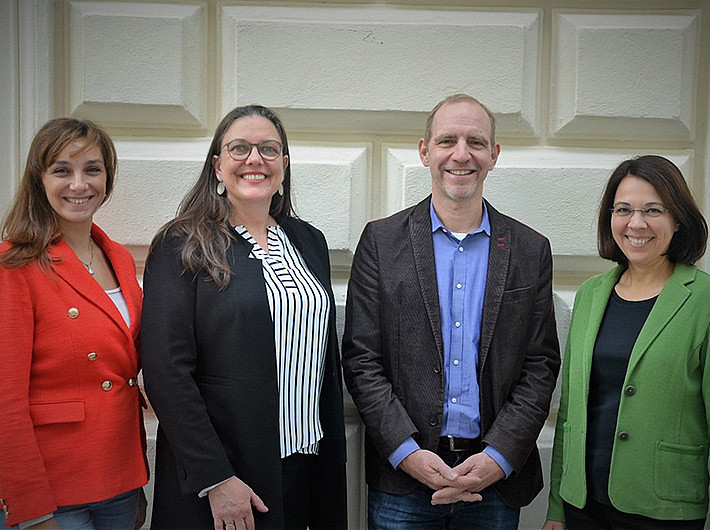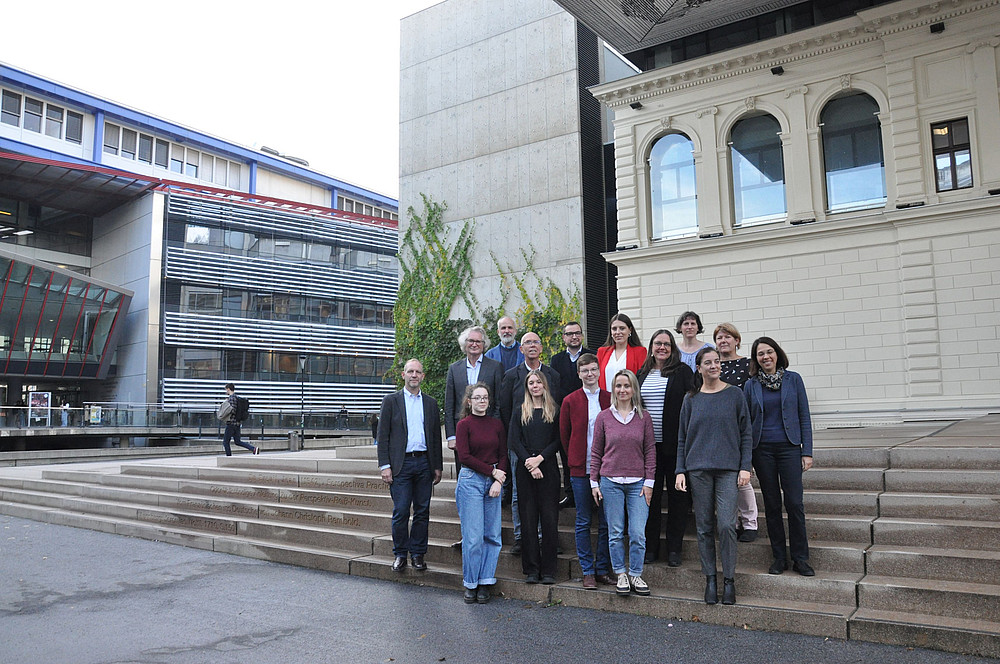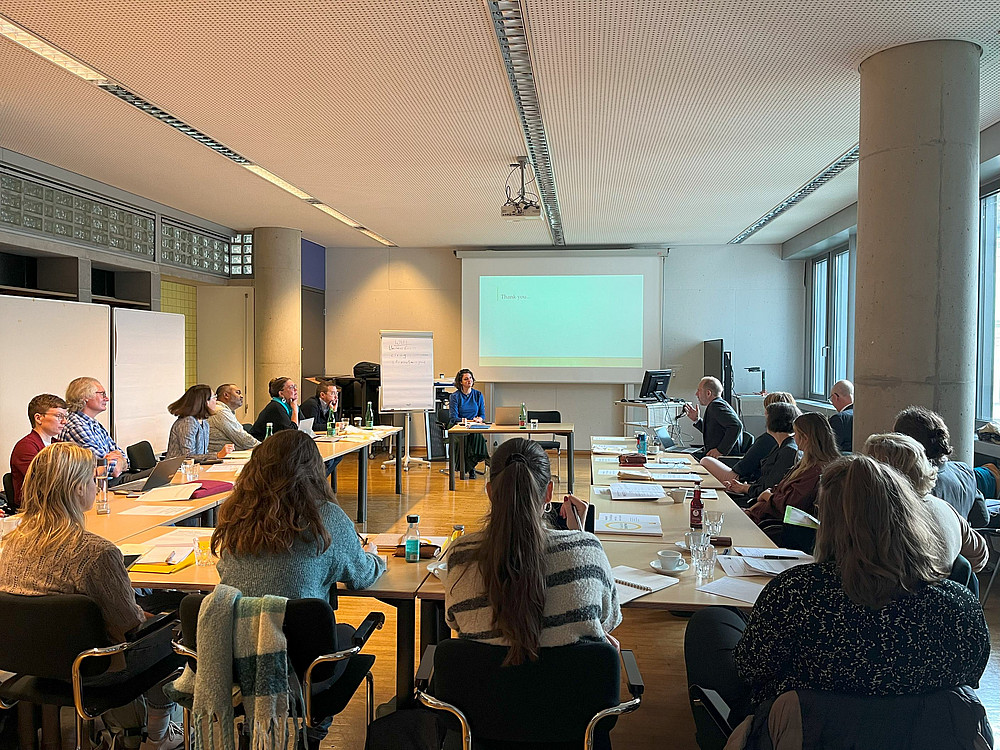Transforming Anxieties of Ageing in Southeastern Europe. Political, Social, and Cultural Narratives of Demographic Change
The project, funded by the Volkswagen Foundation with EUR 1.5 million, started in February 2023 and pursues two main objectives:
(1) to conduct comparative, multidisciplinary research on narratives of aging and demographic change in Southeast Europe as a region representative of the challenges, but also potentials, of these processes for Europe as a whole;
(2) to contribute through participatory approaches to move from the prevailing catastrophic representations of aging towards more diverse and empowering ones.
Another dimension is the analysis of the impact of the refugee movement from Ukraine on care arrangements and population development in Southeast Europe.

The project is carried out by five teams at four institutions:
- Leibniz Institute for East and Southeast European Studies (coordinator), Germany Principal Investigator (PI): Univ.-Prof. Dr. Ulf Brunnbauer
- Center for Southeast European Studies, University of Graz, Austria. PI: Univ.-Prof. Dr. Florian Bieber
- Center for Interdisciplinary Aging and Care Research, University of Graz, Austria. PI: Univ.-Prof. Dr. Ulla Kriebernegg
- Department of History and Theory of Culture, Faculty of Philosophy, University of Sofia "St. Kl.Ohridski", Bulgaria. PI: Assoc. Prof. Dr. Galina Goncharova
- Demographic Research Institute, Central Statistical Office, Budapest, Hungary. PI: Assoc. Prof. Dr. Attila Melegh

from left to right: Oana Hergenröther, Ulla Kriebernegg (PI), Florian Bieber (PI), Dagmar Gramshammer-Hohl

The project will contribute to both Southeast European studies and ageing studies. As a volatile region that is not yet fully integrated into the European Union, South East Europe is of particular importance to Europe. It is closely linked to the rest of Europe through extensive migration, not least of care workers. The project examines countries that are already part of the EU and those aspiring to membership, as well as countries with different demographic trends.
Population trends in the region ("ageing", massive emigration, population decline) can lead to social and political instability as they are portrayed as a "catastrophe", leading to demographic nationalism.
Our analysis is based on the observation that the demographic development in South Eastern Europe is the subject of public debate to an extent that is not the case anywhere else in Europe. Demographic fears are blocking the region's societies' path to greater integration, e.g. with regard to minorities and immigration. We will analyze these discourses, starting in the 1960s, and relate them to political agendas and demographic and social processes. Our research deals with different levels, from personal and community attitudes to national and international political and professional debates and their interactions.
Our questions are organized into five thematic groups: (1) socialist legacies and ambivalent transitions; (2) demographic and professional discourses; (3) cross-cultural pathways and life histories of ageing and care; (4) cultural representations of age and ageing; (5) public narratives and their politicization.
Our joint research will have a strong dimension of promoting young researchers. Five PhD students and postdocs will be trained.
The project promotes interdisciplinarity and intersectional as well as transnational perspectives. It combines methods from social history, ethnology, sociology, demography, political science as well as cultural and literary studies and uses qualitative and quantitative methods. We draw in particular on ageing research and critical discourse analysis.
A crucial concept is "framing", which is applied to understand the meaning-making by different actors. Understanding catastrophic representations of ageing and their politicization and symbolic overdetermination is a prerequisite for the promotion of future-oriented, inclusive narratives. The project will build a scientific basis to break dangerous framing cycles and thus support the transformation of (South-Eastern European) societies into resilient and caring societies that adapt to demographic change by enabling the social participation of older people.

The project's agenda includes public interventions at various levels, underpinned by an ethos of open but critical science that promotes social self-reflection and the empowerment of marginalized groups.
An important goal is to conduct research with older people on ageing and old age. For example, we will use living labs to develop new questions and we will organize validation workshops to communicate our findings to older people, carers and other stakeholders.
Four associated partners (European Network of Aging Studies, Gerontological Society of Serbia, Alzheimer Bulgaria Association, Population Europe) will participate in our dissemination activities. We will produce a wide range of scientific outputs, including a joint monograph, five dissertations, journal articles and a comprehensive database on demographic trends since the 1960s, as well as historical and current population projections. The research data will be made available and most of the publications will be freely accessible. A final conference in Sofia will also shed light on cross-regional comparisons.
Project period: 01.02.2023 - 31.01.2027
Funding body / funding program: Volkswagen Foundation
Amount approved for Kriebernegg sub-project: € 379,000
Profile area: Dimensions of Europe